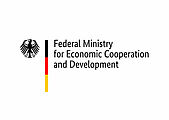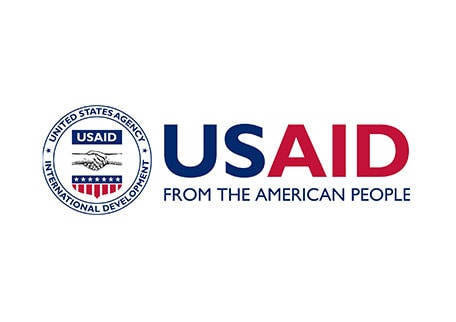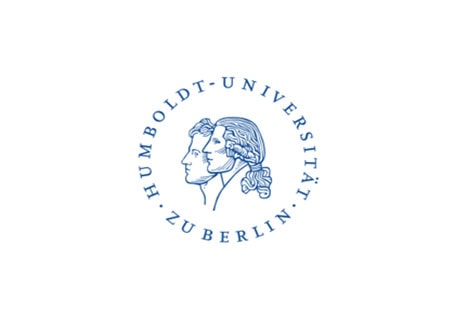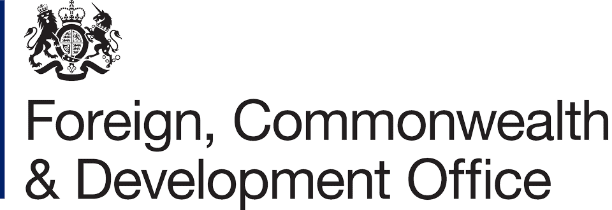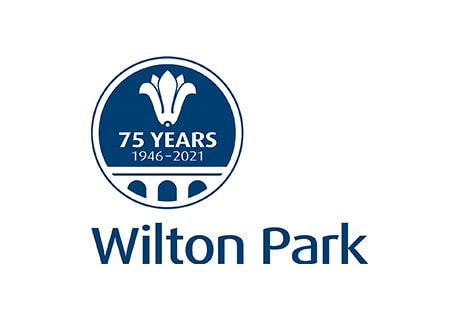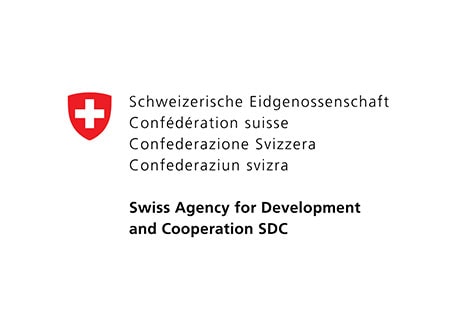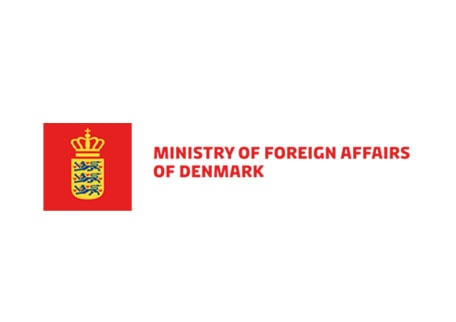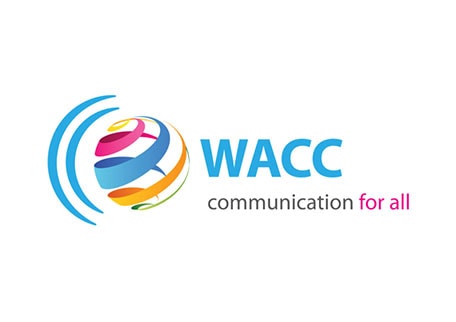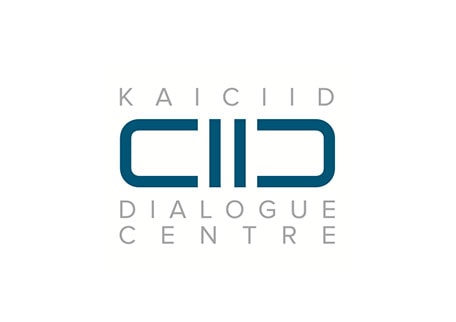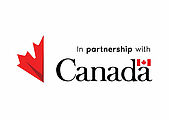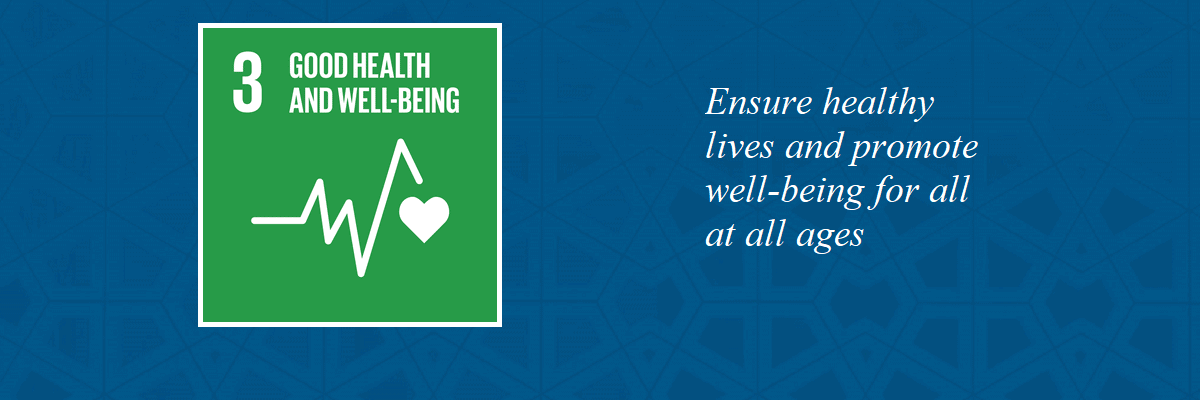
What we do
Health (SDG3)
The PaRD Health Workstream focuses on SDG 3: ensure healthy lives and promote well-being for all at all ages.
The Workstream focuses on SDG 3, covering a wide range of topics:
Together with the Federal Ministry for Economic Cooperation and Development (BMZ), United Nations Population Fund (UNFPA), FP2030, Christian Connections for International Health (CCIH), World Vision and the Faith to Action Network, PaRD’s Health Workstream conducted a side event at 2022 International Conference on Family Planning (ICFP) in Pattaya, Thailand, on the topic Navigating Adolescence – Lessons on Adolescent Sexual Reproductive Health: Partnerships with Faith Actors. The final report with recommendations can be found here.
The Workstream focuses on SDG 3, covering a wide range of topics:
- A scoping study conducted by the Joint Learning Initiative (JLI) on Faith Actor Partnerships in Adolescent Sexual and Reproductive Health was published in 2019 and can be found here.
- Due to the COVID-19 pandemic, the Health Workstream has convened several online exchanges, with key partners like World Health Organization (WHO), discussing ways to flatten the transmission curve and respond to the challenges posed by the COVID-19 pandemic. The Workstream has participated in the production of a podcast together with the Sustaining Peace (SDG 16), WECARE (SDG 6, 13, 14, 15) and the Gender Equality and Empowerment (SDG 5) Workstreams. The podcast Identifying Funding and Resource Gaps with COVID-19 in the Field: A Religious Actors Perspective on Health, Gender, Environment and Peace was launched as a digital product under the theme Peacebuilding in a COVID-19 era and beyond during Geneva Peace Week, 2-6 November 2020. Together with the Gender Equality Workstream and with the help of JLI, the Berkley Center for Religion, Peace, and World Affairs at Georgetown University as well as the World Faiths Development Dialogue (WFDD), the Health Workstream developed an online repository of resources on religious responses to COVID-19. A report summarising key findings on the role of religious actors in the response to COVID-19 in Southern Africa and highlighting implications for working with religious actors towards sustainable development has been published in 2022. This report resulted from the Southern Africa Regional Forum on Religion and Covid-19, organised in the same year by SDSN South Africa, Humboldt University Berlin, World Vision, the Faculty of Theology and Religion at the University of Pretoria, IN//RCSD, and the Health Workstream.
- Arigatou International, the Queen Margaret University’s Institute for Global Health and Development, the KAICIID Dialogue Center, the United States Institute of Peace and World Vision International have been working on Faith Sensitive Mental Health and Psychosocial Support (MHPSS) for Children on the Move since 2021. This collaboration across PaRD Workstreams was initiated to respond to the polycrisis affecting children on the move. According to UNICEF, more than 70 million children worldwide are displaced within their own countries or have migrated over borders in search of security, stability, and refuge. This is a record high number since World War II. Children who are displaced due to war or are on the move due to other causes, such as violence, persecution and poverty, experience high rates of depression, anxiety, and post-traumatic stress disorder (PTSD). The mental health crisis has worsened during the COVID-19 pandemic.
- Together with the Sustaining Peace Workstream a three-part virtual series on MHPSS with over 450 participants has been conducted. Based on this, the booklet Faith-Sensitive Mental Health And Psychosocial Support To Foster Resilience In Children On The Move has been launched in January 2022. It contributes to the evidence on the efficacy of faith-sensitive approaches to MHPSS, in addition to mapping good practices as well as providing concrete policy recommendations. A wide body of research has shown when children have access to appropriate cultural and spiritual supports in times of crisis, this can lead to improvements in mental and physical health. Recommended psychosocial approaches for working with all who are displaced include a focus on restoring a sense of safety, stability, and normalcy, which include elements of faith practice for many. The collaboration directly contributes to SDG 16.2.
- Recently, a policy brief on Strengthening Faith-Sensitive Mental Health And Psychosocial Support For Children On The Move has been developed and will be published soon. Moving forward, the Workstream is planning to continue to raise awareness about the key recommendations and to reach out to humanitarian agencies, governments, and other stakeholders active in the support of children on the move.
Together with the Federal Ministry for Economic Cooperation and Development (BMZ), United Nations Population Fund (UNFPA), FP2030, Christian Connections for International Health (CCIH), World Vision and the Faith to Action Network, PaRD’s Health Workstream conducted a side event at 2022 International Conference on Family Planning (ICFP) in Pattaya, Thailand, on the topic Navigating Adolescence – Lessons on Adolescent Sexual Reproductive Health: Partnerships with Faith Actors. The final report with recommendations can be found here.
Related information
- Study | Faith Actor Partnerships in Adolescent Sexual and Reproductive Health
- Report | Southern Africa Regional Forum on Religion & Covid-19
- Collection | Responses to COVID-19 by Religious Actors
- Booklet | Faith-Sensitive Mental Health And Psychosocial Support To Foster Resilience In Children On The Move
- Report | Navigating Adolescence – Lessons on Adolescent Sexual Reproductive Health: Partnerships with Faith Actors
Health Workstream Leads
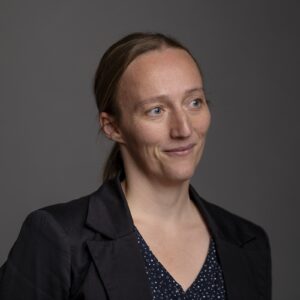
Christine Ludwig
Health and Nutrition Technical Advisor;
World Vision International
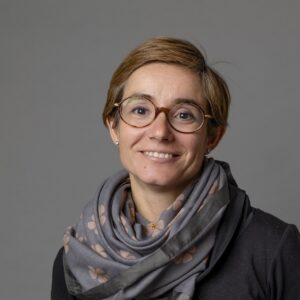
Eleonora Mura
Head of Partnerships and Organisational Development;
Arigatou International
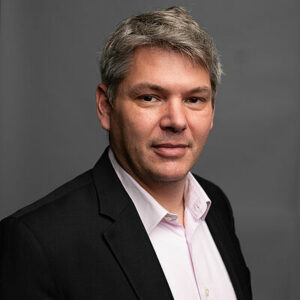
Stefan Sengstmann
Director Technical Advisory Group;
World Vision International

